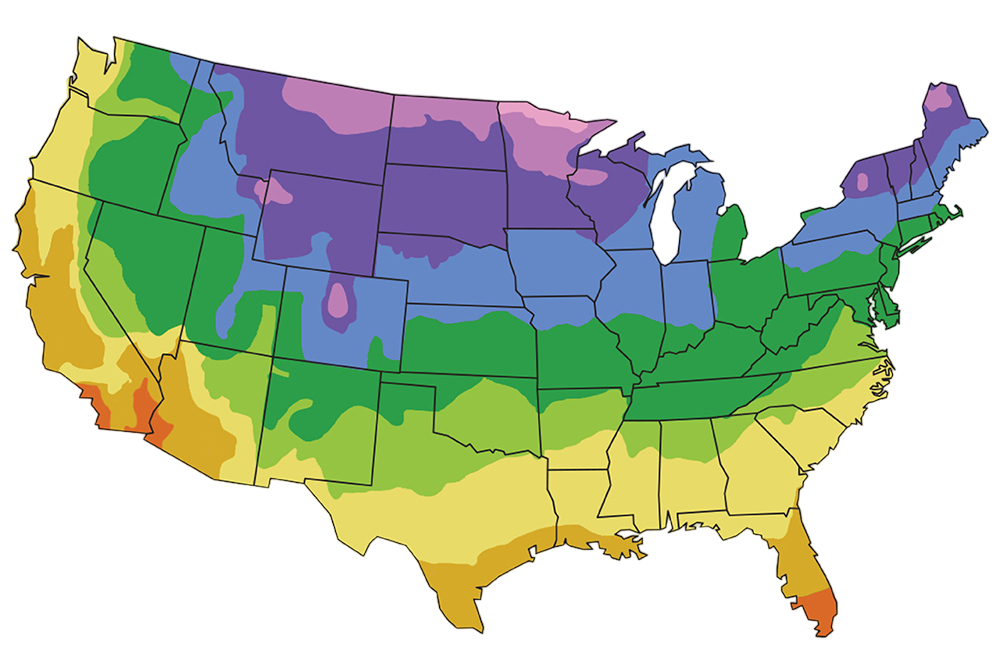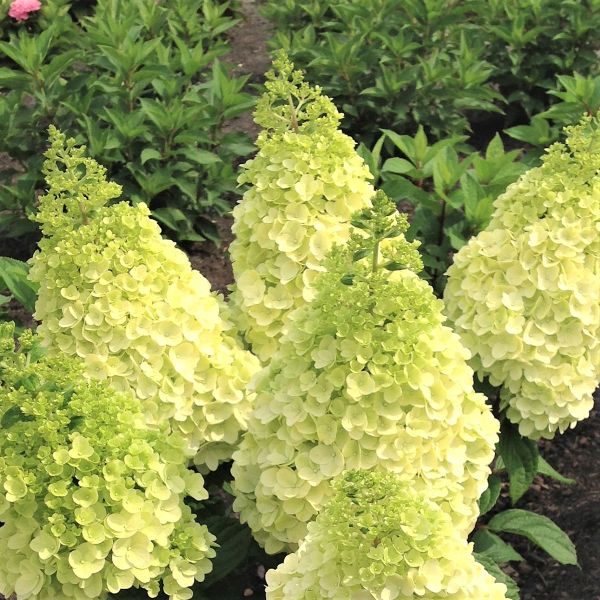
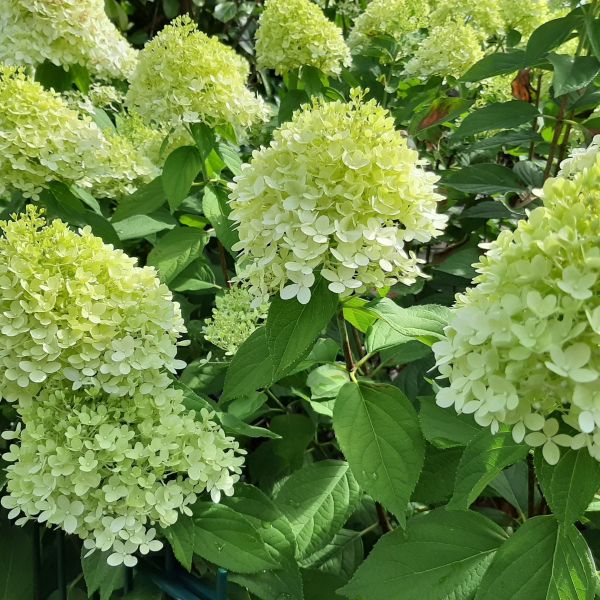
Moonrock Hydrangea
Hydrangea paniculata ‘Kolmakilima’
88 reviews
Moonrock Hydrangea
Hydrangea paniculata ‘Kolmakilima’
88 reviews
2.5 Gallon
We are sorry, product is currently out of stock due to seasonal availability. Please check the "Related plants available in your area" section below
Not just beautiful - intentionally selected by ShrubHub's 3D landscape design team to fit real-world spaces and maximize yard potential.
Why Moonrock Hydrangea?
Moonrock Hydrangea is a stunning flowering plant with cone-shaped flowers that start off white, then turn pink, and eventually deep red in the fall. This hardy shrub can be easily grown in full sun to partial shade and requires regular watering and fertilization. Moonrock Hydrangea is perfect for adding color and interest to gardens, landscapes, and borders. It is a low-maintenance choice that is sure to impress.
Sunlight
Moonrock Hydrangea requires partial to full sun exposure. It can thrive in a location with at least 4-6 hours of sun per day, but it should also be planted in soil that provides adequate moisture and shade during the hottest parts of the day.
Watering
Moonrock Hydrangea requires regular watering to keep the soil consistently moist. It does best in well-draining soil, but make sure not to let the soil dry out completely between watering sessions.
Fertilizing
Moonrock Hydrangea requires a well-balanced fertilizer with a high phosphorus content. It is important to apply the fertilizer according to the manufacturer's instructions to help promote healthy growth and vibrant blooms.
Moonrock Hydrangea, also known by its botanical name Hydrangea Paniculata or Smooth Hydrangea, is a stunning hydrangea native to China and Japan. It's notable for its large, creamy blooms with an intense lime green center.
The foliage is no less noteworthy. It starts green and turns to yellow, orange, and red. This vase-shaped, deciduous shrub will flower with creamy blooms non-stop from late May until early fall.
The flower heads are held out on exceptionally sturdy stems that need way less staking than other varieties. They also bloom on new wood every year, making them less susceptible to losing their flowers due to the late spring freeze. Moonrock is a very compact growing Hydrangea and has a height of 4-6 feet.
Moonrock Hydrangea is generally low maintenance. They are hardy to USDA hardiness zones 3-9. Hydrangea paniculata prefers the full sun in cooler climates and partial shade in the hotter hardiness zone range.
As for soil, Moonrock Hydrangea does best in slightly moist, well-drained soil. Some mulching in the spring will do it well. Minimum pruning is recommended. Prune in early spring or late winter for new growth. Fertilizing should also be done early in the spring with a well-balanced, slow-release fertilizer.
Moonrock Hydrangea works perfectly as either a specimen plant or when mass planted. Whatever you chose, it'll have a huge outdoor appeal. Order yours from Shrubhub today to ensure a healthy delivery.
Plant Information:
| Botanical Name: | Hydrangea paniculata ‘Kolmakilima’ |
| USDA Zones: | 3 - 8 |
| Water: | Moderate |
| Exposure: | Full Sun |
| Soil Needs: | Well Drained |
| Mature Height: | 4 - 6 feet |
| Mature Spread: | 4 - 6 feet |
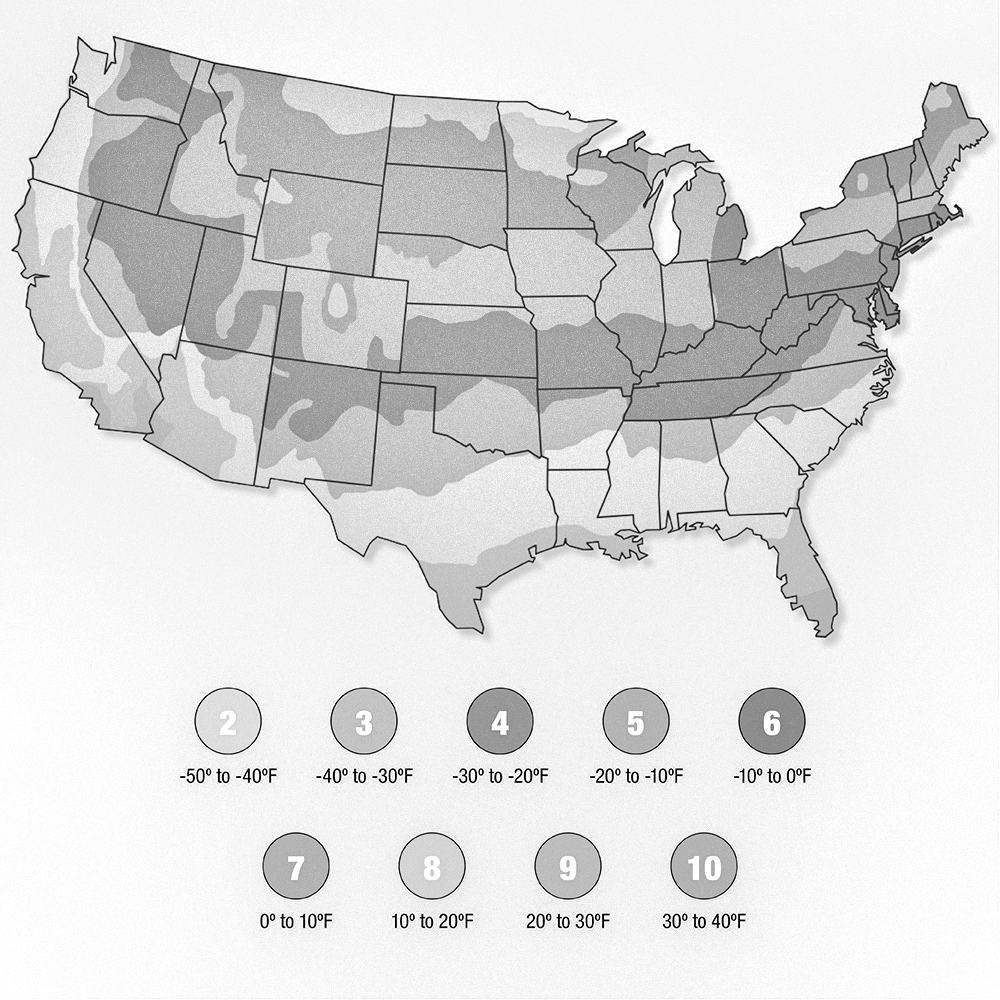

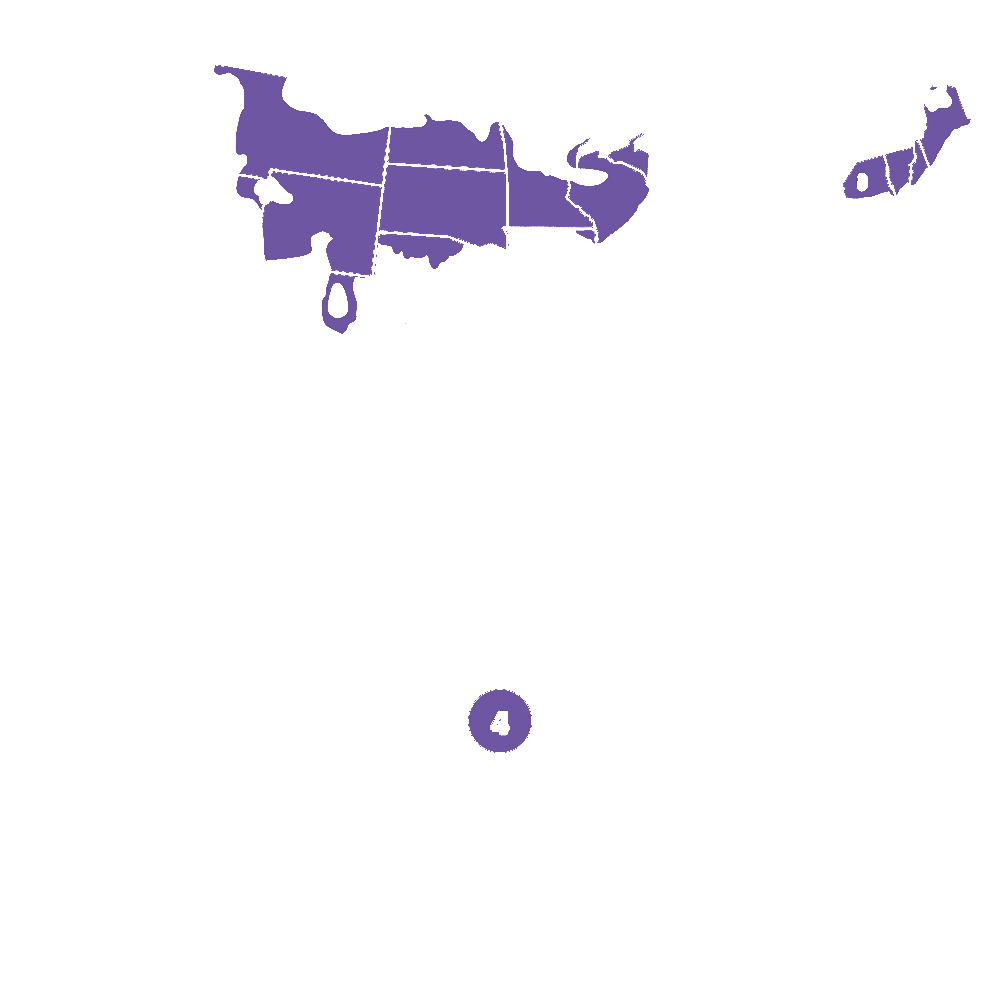
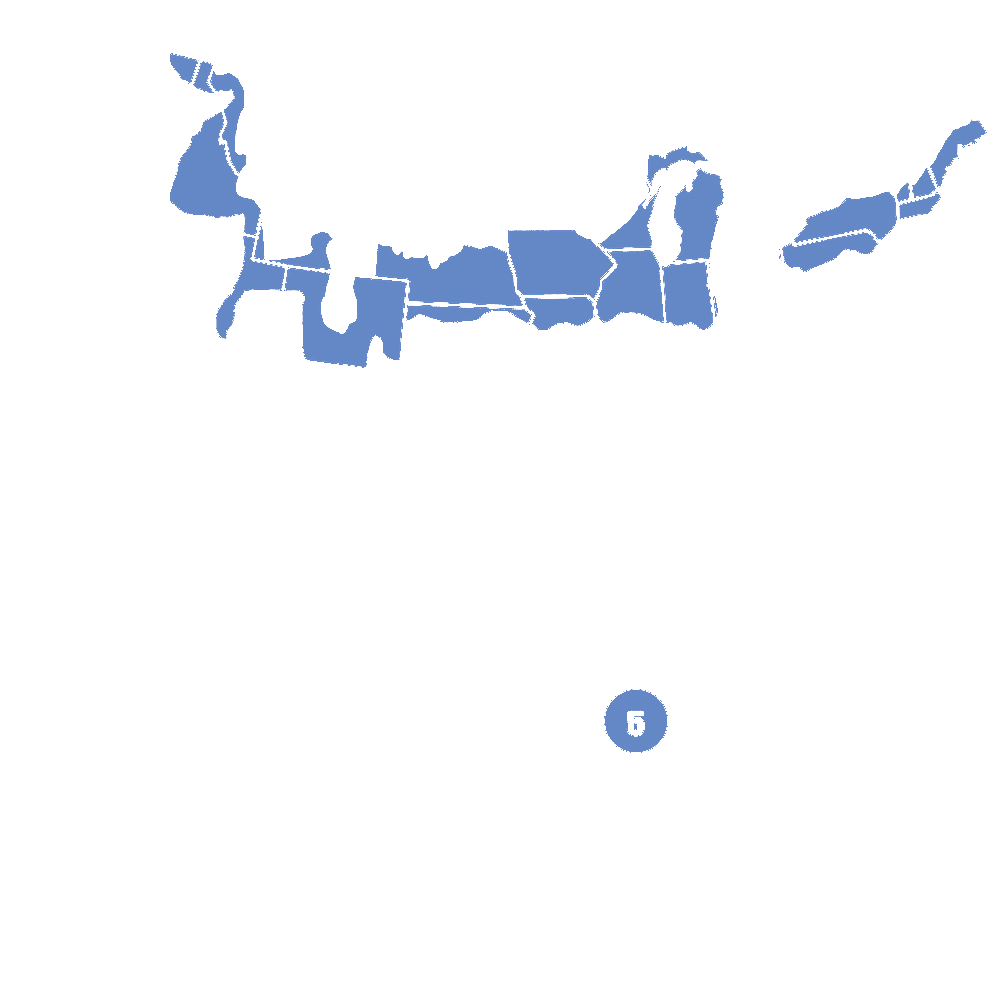
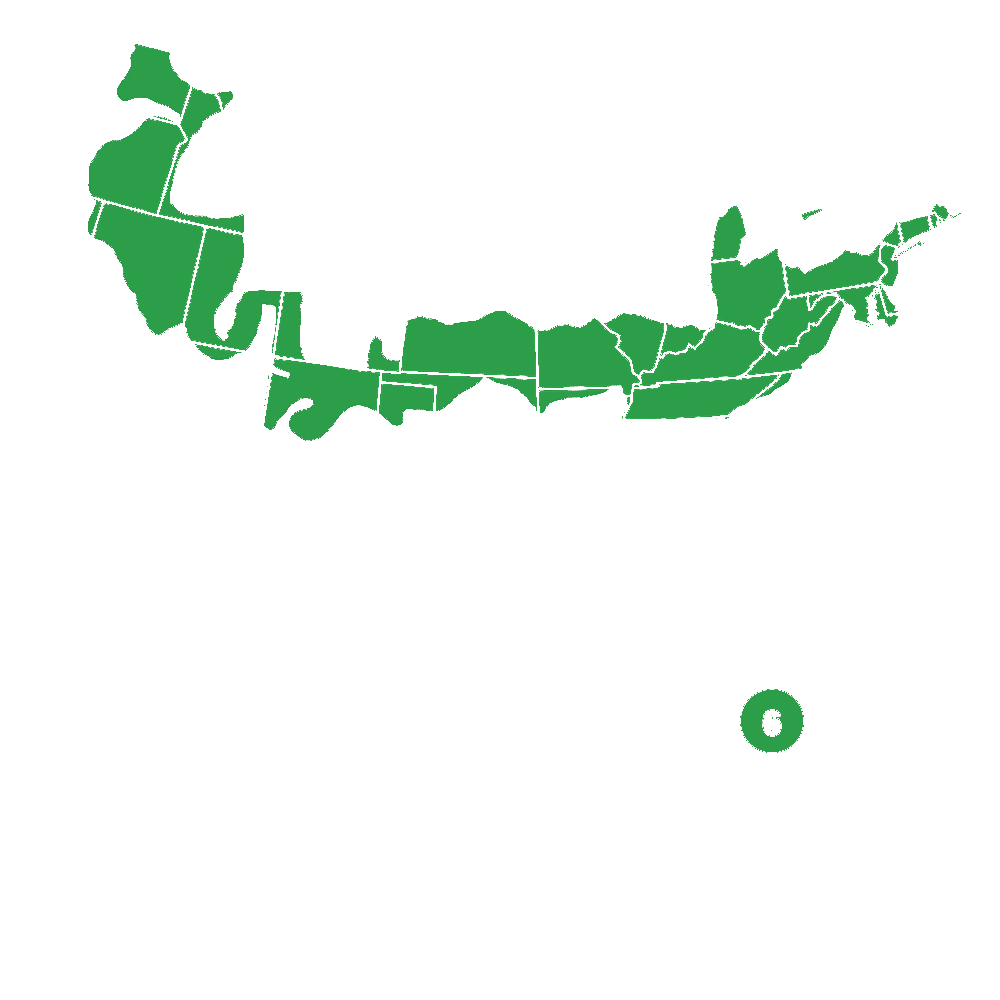
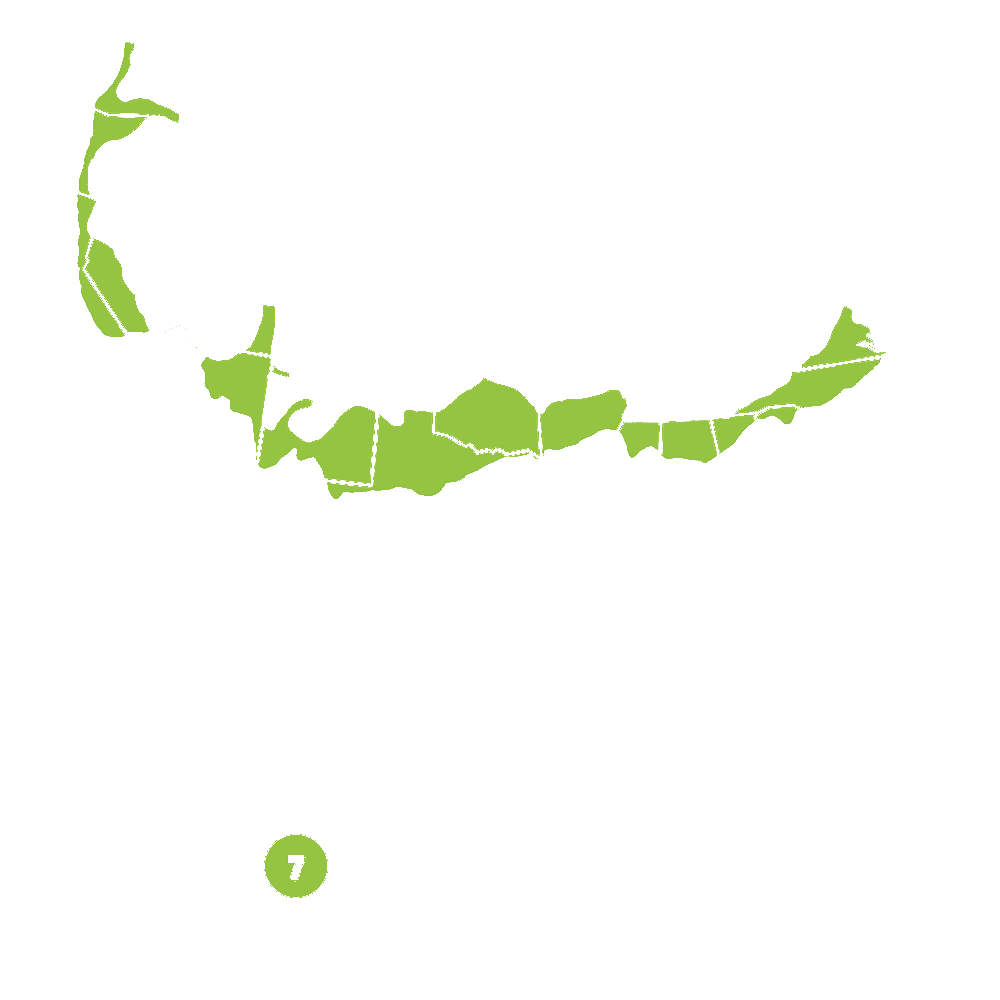
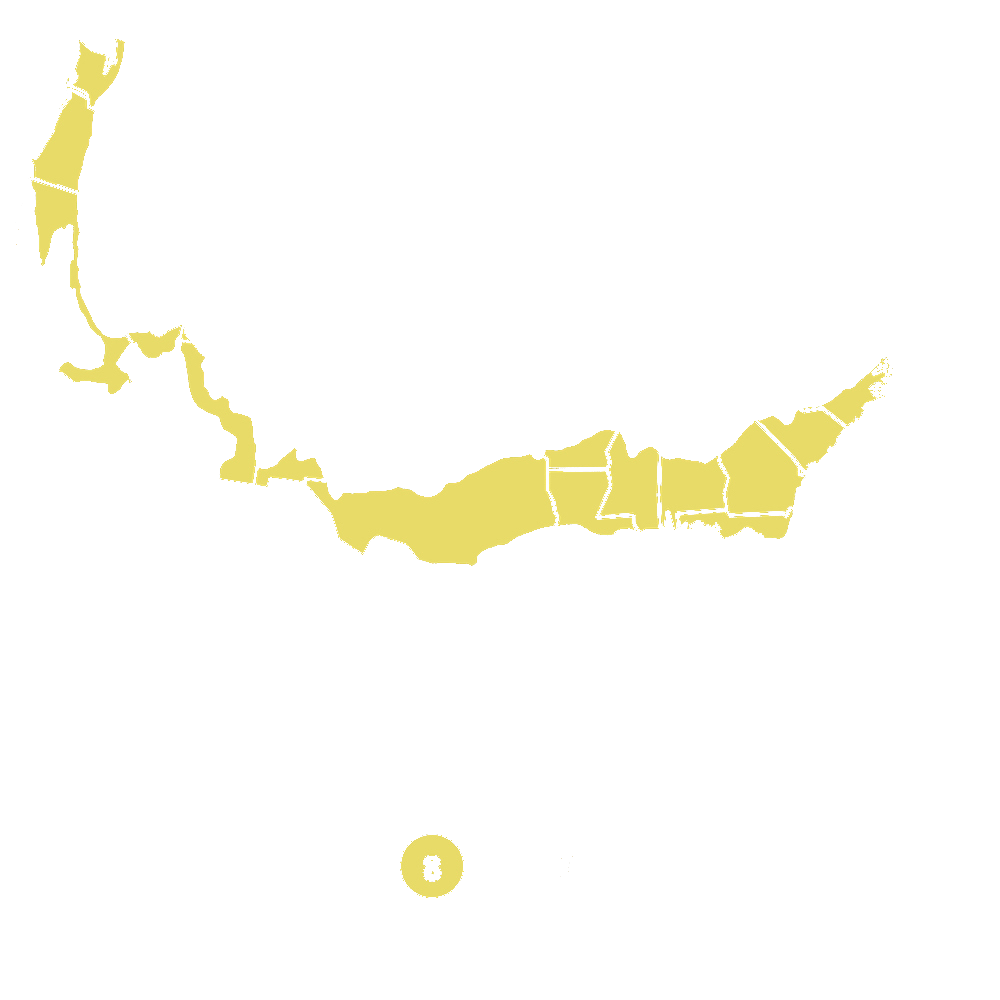
Pollination Info
Pollination Information for Moonrock Hydrangea (Hydrangea paniculata ‘Kolmakilima’)
Moonrock Hydrangea is a deciduous shrub that produces large, cone-shaped flower heads. These flower heads are made up of small, fertile flowers in the center and larger, sterile flowers on the outer edges. The sterile flowers serve to attract pollinators, while the fertile flowers produce the plant's seeds.
The primary pollinators for Moonrock Hydrangea are bees, particularly bumblebees and honeybees. Butterflies and other insects may also visit the flowers for nectar, but they are less effective at transferring pollen from flower to flower.
Moonrock Hydrangea is self-fertile, meaning that it can produce seeds without the need for cross-pollination with another plant. However, cross-pollination with another Moonrock Hydrangea or a different cultivar of Hydrangea paniculata can result in greater genetic diversity and potentially stronger, more disease-resistant plants.
In general, Moonrock Hydrangea is a low-maintenance plant and does not require any special attention to its pollination needs. However, providing a habitat for pollinators in the surrounding area can help to increase the number of pollinators visiting the plant and improve overall seed production.
FAQ
Moonrock Hydrangea (Hydrangea paniculata ‘Kolmakilima’) FAQs:
What is Moonrock Hydrangea?
Moonrock Hydrangea is a variety of hydrangea that belongs to the Hydrangea paniculata species. Its scientific name is Hydrangea paniculata ‘Kolmakilima’.
What does it look like?
Moonrock Hydrangea has big, cone-shaped flower clusters that are white in color. The flowers open in late summer and often remain on the shrub for several months, turning pinkish as they age. The leaves are dark green and oval-shaped.
What is its size?
Moonrock Hydrangea grows to be about 6-8 feet tall and wide, but can be pruned smaller if desired.
Where should I plant it?
Moonrock Hydrangea prefers well-drained soil that is rich in organic matter. It also likes full sun to partial shade. It’s a great choice for hedges, borders, and as a specimen plant in your garden.
When should I plant it?
You can plant Moonrock Hydrangea in spring or fall when the soil is moist and cool.
How much water does it need?
Moonrock Hydrangea prefers moist soil, so water it regularly during dry spells. Avoid overwatering, as it can lead to root rot.
Does it need fertilizer?
Moonrock Hydrangea benefits from regular fertilization, especially in the spring and summer when it is actively growing. Use a slow-release fertilizer or an organic fertilizer.
How do I prune it?
Moonrock Hydrangea blooms on new wood, meaning it produces flowers on the current year’s growth. Prune it in late winter or early spring before new growth begins. Cut off any dead or damaged branches, and shorten the remaining branches to encourage bushy growth and more flowers.
Does it attract bees or butterflies?
Moonrock Hydrangea’s flowers are attractive to both bees and butterflies. It can be a great addition to a pollinator garden.
Is it deer-resistant?
Moonrock Hydrangea is somewhat deer-resistant, but deer may still browse on it if food is scarce.
What are some similar plants?
Other varieties of Hydrangea paniculata, such as ‘Limelight’ or ‘Pinky Winky’, are similar to Moonrock Hydrangea in terms of size and flower shape. Snowball Viburnum (Viburnum opulus ‘Roseum’) is another shrub with big, white flowers that can be grown in similar conditions.
Planting & Care
Planting & Care for Moonrock Hydrangea
Planting
Moonrock Hydrangea thrives in well-draining soils with good organic content, and it needs full sun or partial shade to grow properly.
- Dig a hole that is twice as wide and just as deep as the root ball.
- Add compost to the soil before planting to improve drainage and soil quality.
- Place the hydrangea in the hole and backfill with soil, pressing firmly to prevent air pockets.
- Water generously, and mulch to retain moisture and prevent weeds.
Care
Moonrock Hydrangea is relatively low-maintenance, but there are a few things you can do to encourage healthy growth and beautiful blooms.
- Water regularly, especially during hot, dry weather. Hydrangeas are thirsty plants and need plenty of water to thrive.
- Fertilize once a year with a balanced fertilizer, such as a 10-10-10 or 20-20-20 blend. Apply in early spring, before new growth appears.
- Prune in late winter or early spring to remove dead or damaged wood, and to shape the plant if necessary. Deadheading spent blooms can also encourage more flowers.
- Protect against pests and diseases, such as spider mites, powdery mildew, and anthracnose, by keeping the plant well-watered and providing good air circulation.
Check Out These Verified Customer Reviews:
Customer Reviews
4.7 out of 5 based on 88 reviews
Thank you! Your review has been submitted.
Gorgeous and healthy Moonrock Hydrangea, arrived in perfect condition!
The Moonrock Hydrangea I received was gorgeous and exactly as described. The website was user-friendly and the shipping was fast and efficient. Overall, a great experience!
The flowers are even more beautiful in person, very happy with my purchase.
Item has been added to your cart.

